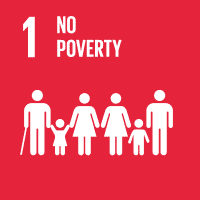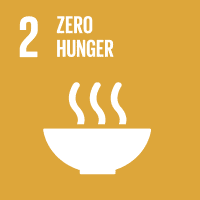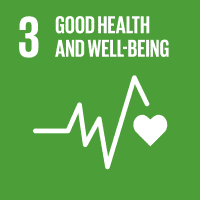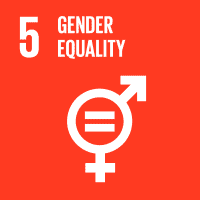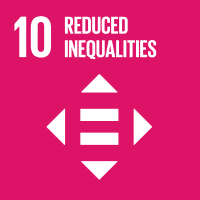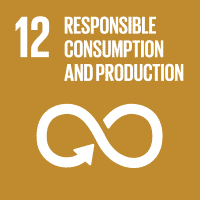Natural disasters, the impacts of the COVID-19 pandemic, social instability – the Somaliland region is facing multiple crises at the same time. The Improving Disaster Risk Management and Food Security to Strengthen Resilience in Somaliland project, implemented on behalf of the German Federal Ministry for Economic Cooperation and Development (BMZ), is addressing them. It is also working to increase economic, political and social participation for women and young people.
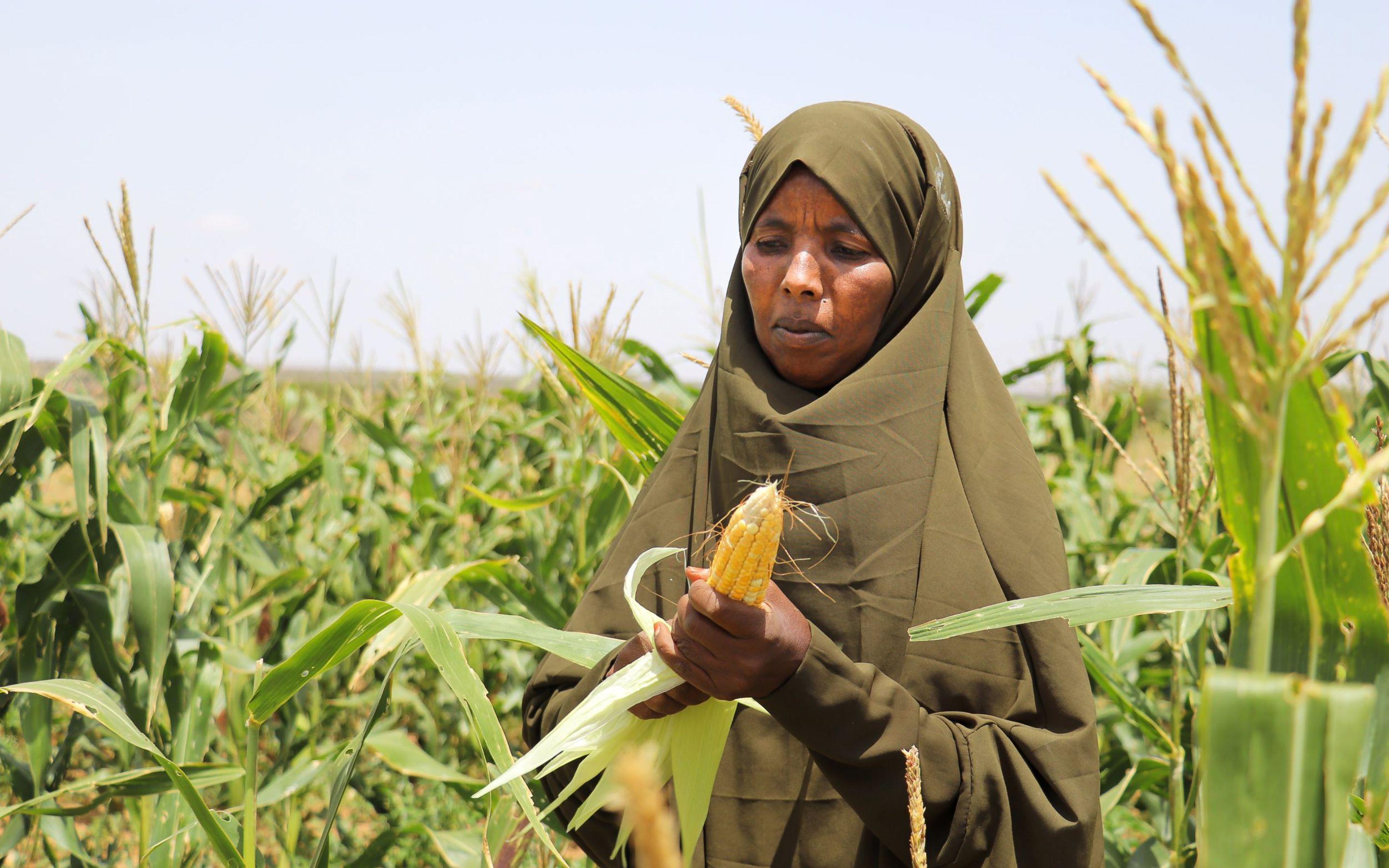
Where maize and sorghum grass grow
Conditions in the Horn of Africa are harsh. We visited the Somaliland region to see how people in this disaster-struck area can be best supported.

Shukri Yusuf Ali mixes her bread dough with an expert hand. She grew the sorghum grain for it herself. Once mixed, the sourdough needs to rest for a few hours before she can bake it on a hot plate over the charcoal fire. She doesn’t mind waiting – she already has enough flatbread to feed her family today.
And keeping herself, her six children and her husband fed is no longer as much of a headache as it once was. Because for three years now, she has not only kept some goats, but also tilled the land. She has two hectares in total. ‘Back then I could only really serve my children rice or pasta,’ says the 32-year-old. And she had to buy this food. ‘Now we eat sorghum, vegetables and black-eyed peas.’
Everything she serves has been grown by Yusuf Ali herself. The peas contain a lot of protein, making them particularly nutritious. She also grows tomatoes, onions and watermelon to sell. Depending on how much she can harvest, she can earn up to 120 euros per month.
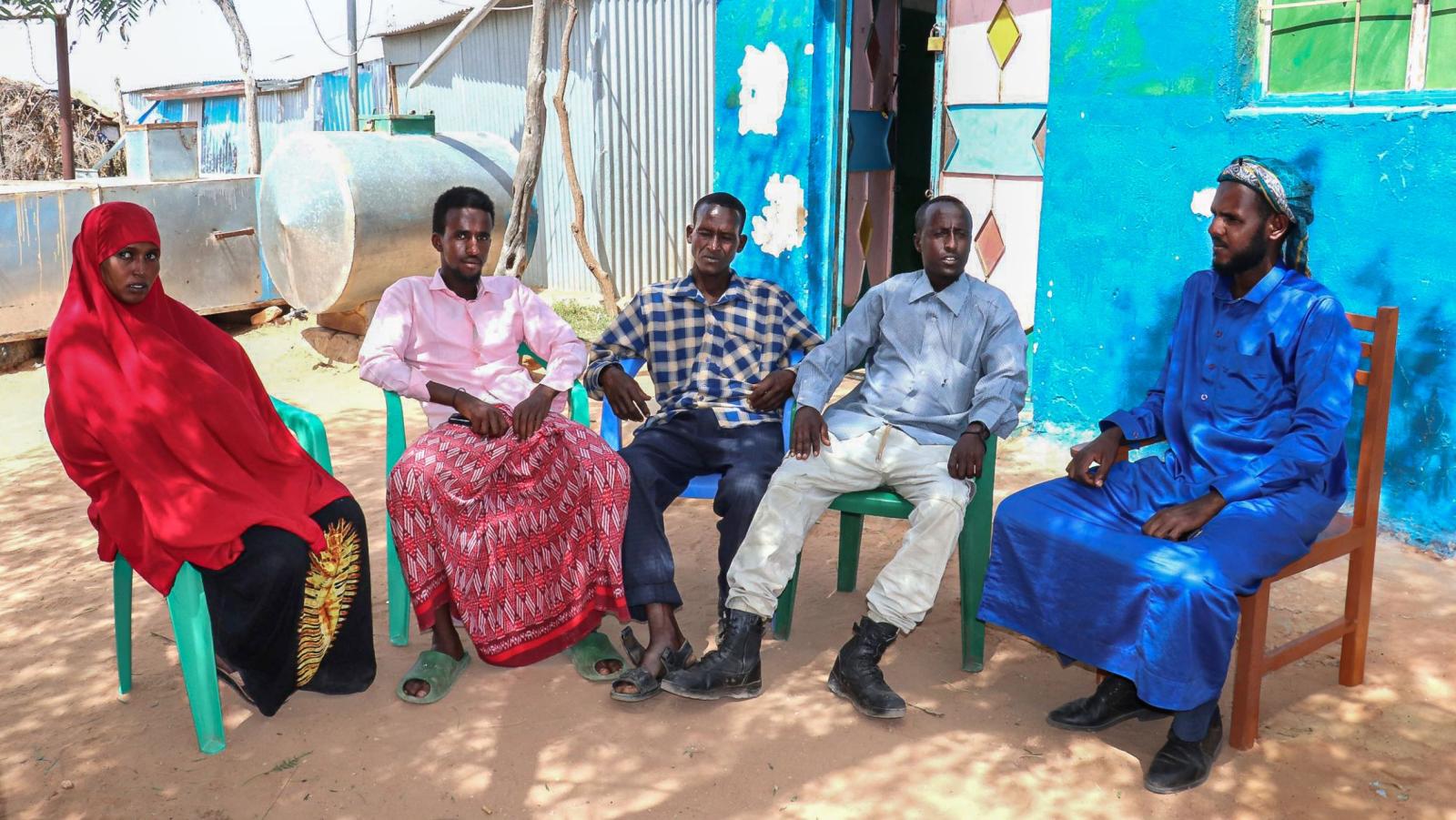
Meeting of the community group in Derimara
Yusuf Ali is a smallholder living with her family in Derimara in Somaliland, a region currently trying to gain independence from Somalia, to which it officially belongs. She lives in the north-west of the country. The people there live under adverse conditions, subject to many and varied crises. The security situation and governmental institutions are fragile due to the state’s political situation. The COVID-19 pandemic and rising food prices following the Russian invasion of Ukraine have amplified its difficulties with food supplies. And climate change has long affected the Horn of Africa.
People in the village of Derimara, who were traditionally pastoralists, know this all too well. They once lived exclusively from their animals, moving around in search of grazing pasture. The droughts in recent years have forced them to change their way of life. ‘Many lost their entire herds during the extreme dry periods,’ says Aden Eid Qalomi, an agricultural advisor at the Deutsche Gesellschaft für Internationale Zusammenarbeit (GIZ) GmbH. Since 2019, he has been showing people around Derimara the fundamentals of agriculture and offering tools and improved, local seeds to help small farmers get their businesses off the ground.
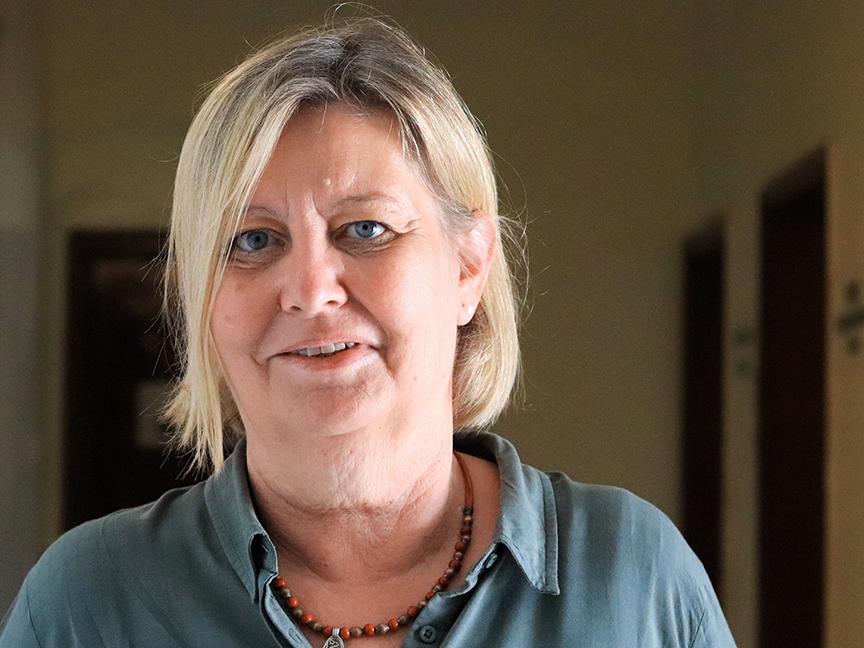
‘Working hand in hand’
In an interview, project manager Carola von Morstein explains the challenges of working in Somaliland, a very fragile area. More
The project started out by supporting people with rebuilding their herds following the losses. But it quickly became clear that relying exclusively on this semi-nomadic lifestyle would be highly risky in these times of climate change, explains Eid Qalomi. Extreme weather events are becoming more frequent in the Horn of Africa. Long periods of drought are as dangerous for the animals as the often ice-cold heavy rains that follow them. The malnourished and weak animals sometimes freeze to death in their hundreds overnight. And if their herds die, the lives of their owners here in the harsh environment of Somaliland are put at risk too.
It might be surprising at first glance to read that agriculture can provide a lifeline in situations like this. After all, nomadic livestock farming requires less water than agriculture, and only 10 per cent of land in Somaliland can be used for agricultural purposes. The climate is hot and dry, many areas are mountainous, and there is barely any humus, i.e. valuable organic matter in the soil.
And yet, it has potential. The area surrounding Derimara is one of the few fertile spots in Somaliland. In June, sorghum and maize grow taller than head height in the fields, the crops look strong and healthy. The sorghum is nearly ready to harvest. Until three years ago, these areas were largely unused; hardly anyone had experience with agriculture.
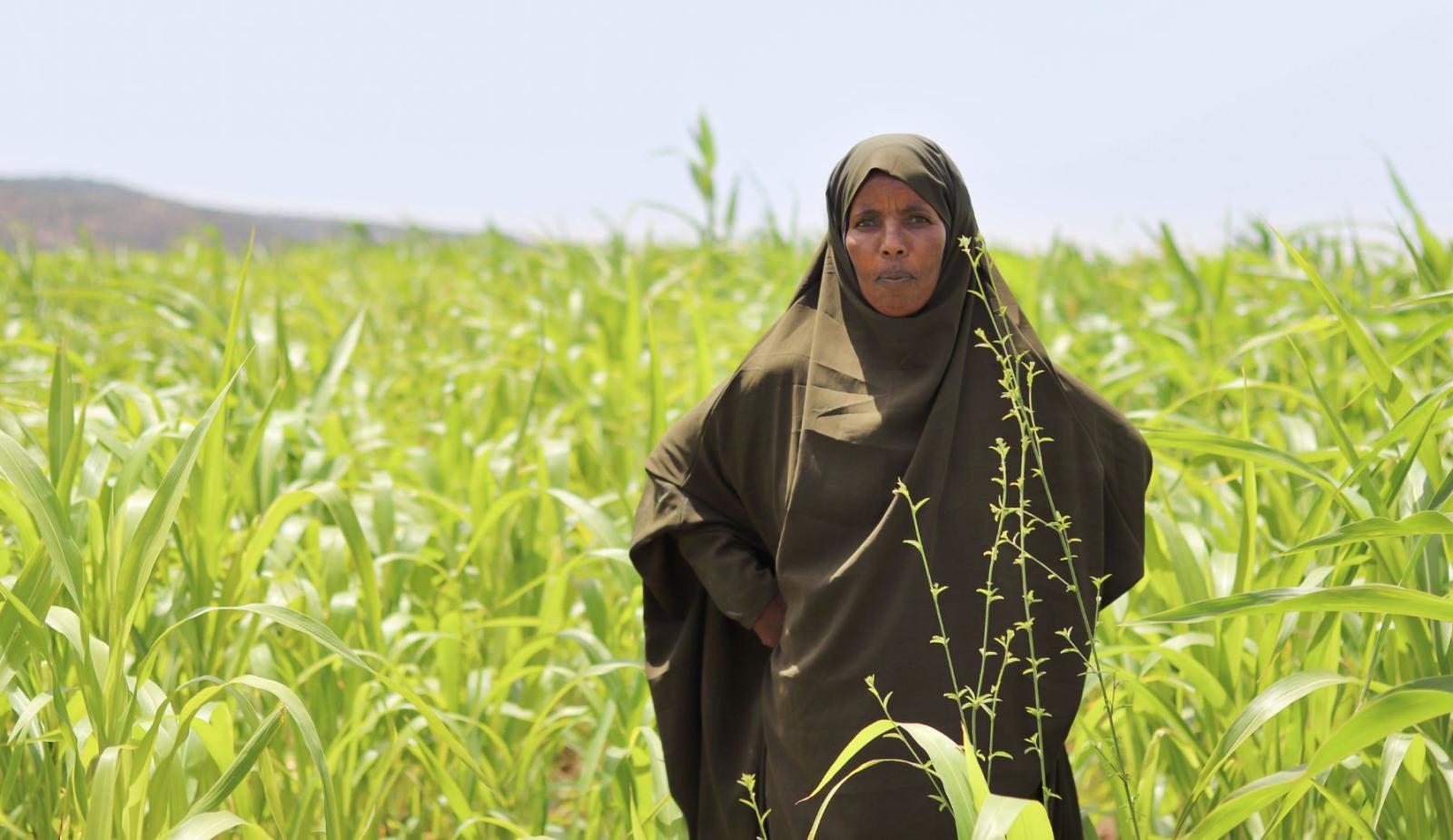
‘In the past it was very unusual for a woman to grow crops, but it’s not an issue anymore.’
But with the help of the GIZ team, this has now all changed. ‘The training courses made me realise how vital agriculture is to our survival,’ says smallholder Shukri Yusuf Ali. And more than that, since she now has a source of income, she no longer has to worry about how to find the money to send her children to school. She regularly had to ask for help from relatives before. If she could not get the money together – as often happened – one or more children were unable to attend until the fee had been paid.
Now, there is so much to do on the farm that Yusuf Ali’s husband helps out, too. ‘I am the farmer, he works for me,’ she says, confidently. In the traditionally patriarchal Somaliland society, this too is a sign of change.
‘In the past it was very unusual for a woman to grow crops,’ says Yurub Saleban Ali, another successful female farmer from Derimara. ‘But it’s not an issue anymore.’ There are now some 90 small farms in the area, 30 of which are run by women. For comparison: just three years ago there were 40 male farmers and only a single woman. However, no one fully relies on arable farming. They all continue to keep animals, with the women mainly opting for goats.
Mohamoud Awale is one of the region’s male smallholders. He owns a 10-hectare farm, handed down to him by his father. To start with, the fertile land lay uncultivated. ‘I didn’t use it,’ says the 28-year-old. That all changed after he attended a training course offered by GIZ in 2020. Since then, he has been growing cereals and vegetables.
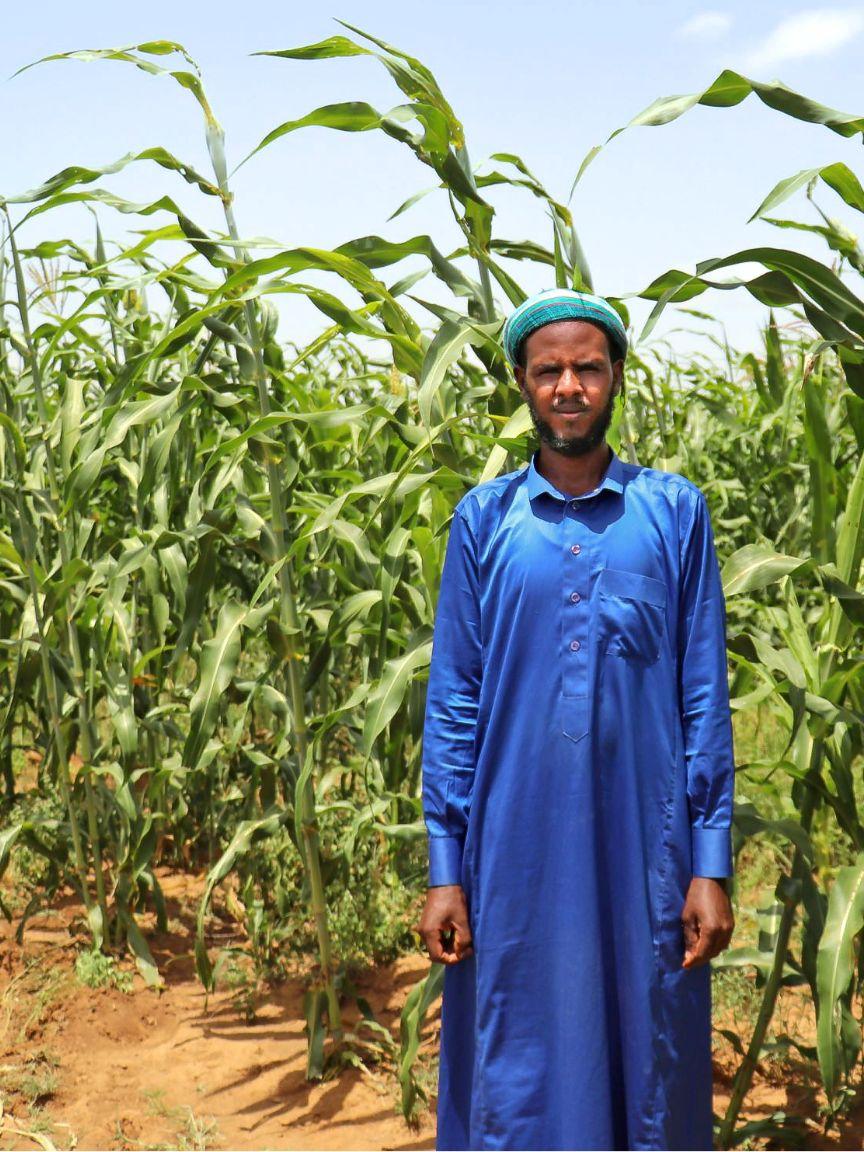
Smallholder farmer Mohamoud Awale
70 per cent higher income
‘My income has risen by 70 per cent and I can’t even quantify how much experience and knowledge I have gained,’ says Awale, who has become a passionate and very successful young farmer. Or to be more precise: an agro-pastoralist – someone who farms the land but also keeps some animals, in his case cattle and goats. He puts his average annual earnings at around 4,600 euros. This is a substantial income in Somaliland. A nurse earns the equivalent of 2,600 euros per year, a police officer around 1,500 euros.
The fact that the people of Derimara have been so successful despite the effects of climate change is not just down to the amount of rainfall and soil conditions being more favourable than elsewhere. ‘The key to coping with the consequences of the climate crisis is diversification,’ says GIZ advisor Eid Qalomi, referring not only to the diversity of the crops themselves, but also to income sources in general. ‘If the rains either fail or are scarce during a season and the cereal crops wither, people can turn to vegetable growing as they can irrigate these smaller patches,’ explains the expert. The animals and their milk are another important source of sustenance.
Traditional cereal varieties rediscovered
Another key factor is which seeds the people choose to sow. In the course of his research, Eid Qalomi rediscovered, almost by accident, a traditional variety of sorghum that is now grown with great success in the fields of Derimara and similar climate zones throughout Somaliland. It is called ‘dhib-yar’, which translates as ‘easy-to-grow sorghum’. It matures very quickly, normally within three months – half as long as some of the imported varieties.
‘This, of course, increases the likelihood that the plants will get enough rain as they ripen,’ explains the GIZ advisor. He is confident that the older varieties will make their way back to the fields as their benefits cannot be matched, particularly in these times of climate change. The likelihood that they will manage to produce yields even during longer droughts is much higher than for other varieties.

Mohamed Yusuf Abdilahi is director of the seed bank in Galoley. Here, seeds for indigenous varieties are preserved, multiplied and distributed to farmers. The seed bank was founded 30 years ago by a Somaliland NGO and cooperates with GIZ.
